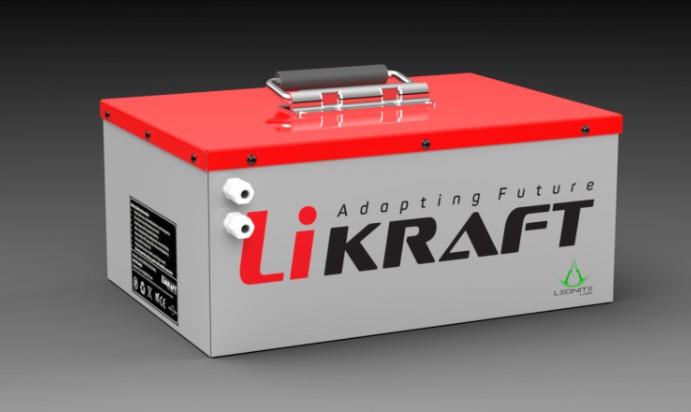Tips to Buy the Best Lithium Ion Battery for E-Rickshaws


Introduction
In many cities, e-rickshaws have gained the popularity as the form of a transportation. For optimum performance as well as safety, selecting a correct lithium ion battery for e rickshaw. This blog will explore the advice on how to choose the optimum lithium ion battery for e rickshaw.
• Check the Battery Specifications
When selecting a lithium ion battery for an e-rickshaw, key specifications to check are: battery voltage (higher provides more power), battery capacity in Amp-hours (higher capacity gives more range per charge), maximum discharge rate (higher enables more power output), and certifications from quality standards organizations (ensures safety and reliability). Focusing on these parameters will help choose a battery well-suited for e-rickshaw performance needs.

When selecting a lithium ion battery, choose lithium iron phosphate chemistry for optimal safety and stability. Avoid nickel manganese cobalt oxide batteries which can be less stable, and outdated lead-acid batteries with low performance. Focus on energy density, self-discharge, and lack of memory effect that make lithium ion the best battery type for e-rickshaws.
Opt for lithium ion batteries with sturdy construction like thick wires to prevent overheating, robust casing to handle vibrations, proper vents and insulation to avoid shorts, and temperature monitoring for safety and cell balancing. High-quality construction ensures the battery withstands real-world conditions for e-rickshaws.
• Battery Management System
The battery management system is crucial for safe lithium ion e rickshaw battery operation. It protects against overcharge, undervoltage, heating, etc. and balances cell voltages. Advanced systems provide charge status, battery health, range data, and more. A robust BMS optimizes performance and lifetime of the battery.
 • Battery Chemistry
• Construction Quality
• Battery Chemistry
• Construction Quality
•
Reputed Brands and Manufacturers
Opt for lithium ion batteries from companies with proven reputations for quality, safety, and reliability. Check for certifications from independent testing organizations to verify the batteries meet respected standards and compliance.

• Warranty Coverage
Look for lithium ion batteries with 2-3 year warranties covering at least 70-80% of rated capacity. Longer warranties often represent better quality. Review warranty details like repair, replacement, shipping policies, and compensation for downtime during claims.
•
Safe Transportation and Installation
Lithium ion batteries require proper certification and packaging and handling as dangerous goods during shipping. Installation is best done by experienced professionals. Secure batteries firmly to protect from vibrations, with wiring safeguarded. Follow manufacturer guidelines for safe transportation and installation.
• Price and Value
Higher priced lithium ion batteries usually deliver better performance, safety, and longevity. However, compare specifications and life cycle costs to verify suitable value. Avoid very cheap or off-brand models which can compromise quality.
Conclusion
Selecting the optimal lithium ion battery such as Likraft is crucial for getting the best performance, range and safety from your e-rickshaw. Carefully evaluating technical specifications, battery chemistry, construction quality, battery management system functionality, manufacturer reputation, warranty coverage, safety certifications, proper handling procedures, and overall value for money will help identify the most suitable battery option. By taking the time to research and understand the technical parameters, rather than choosing batteries solely based on lowest initial price, owners can save substantially in the long run through more economical and reliable e-rickshaw operation.


